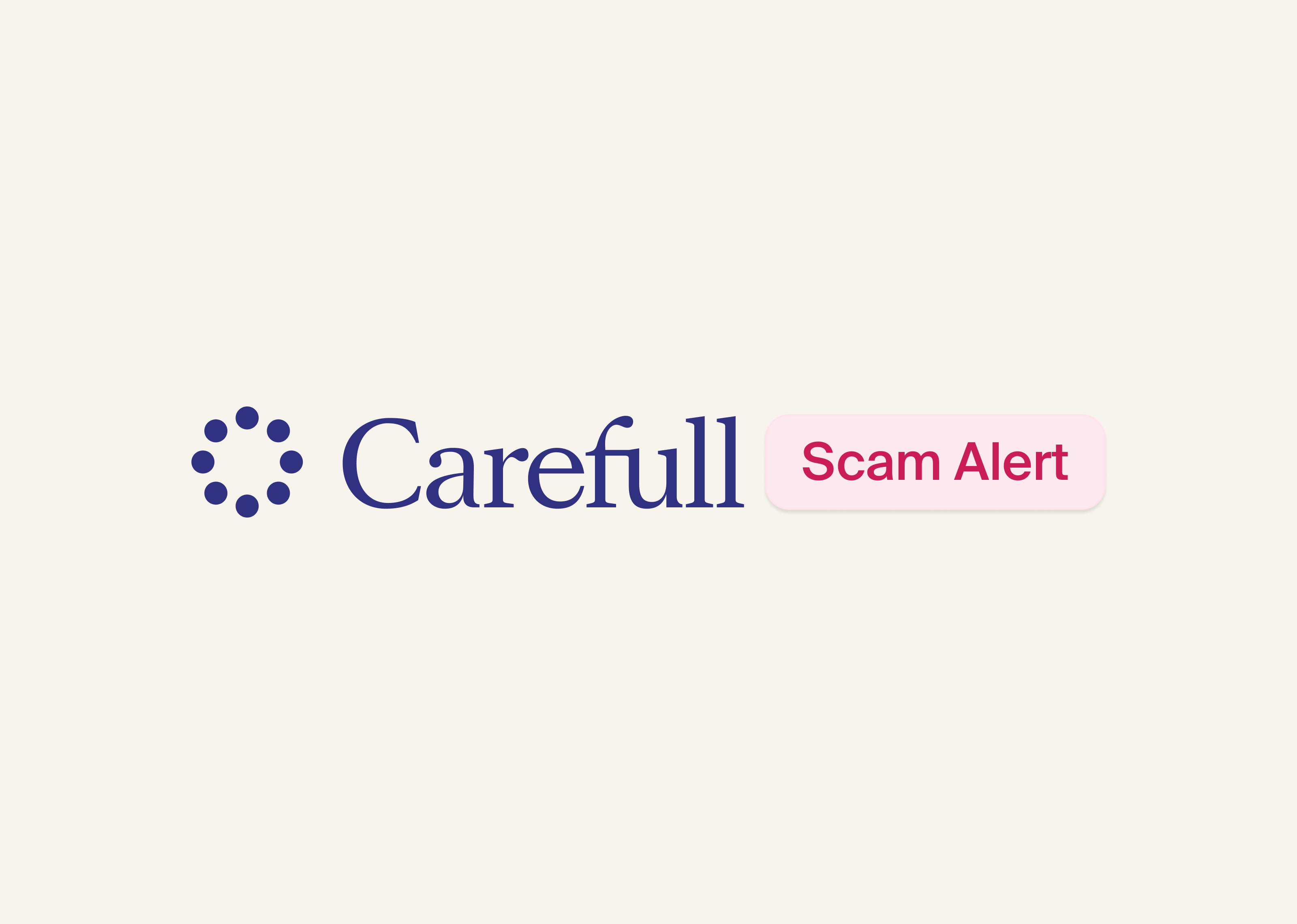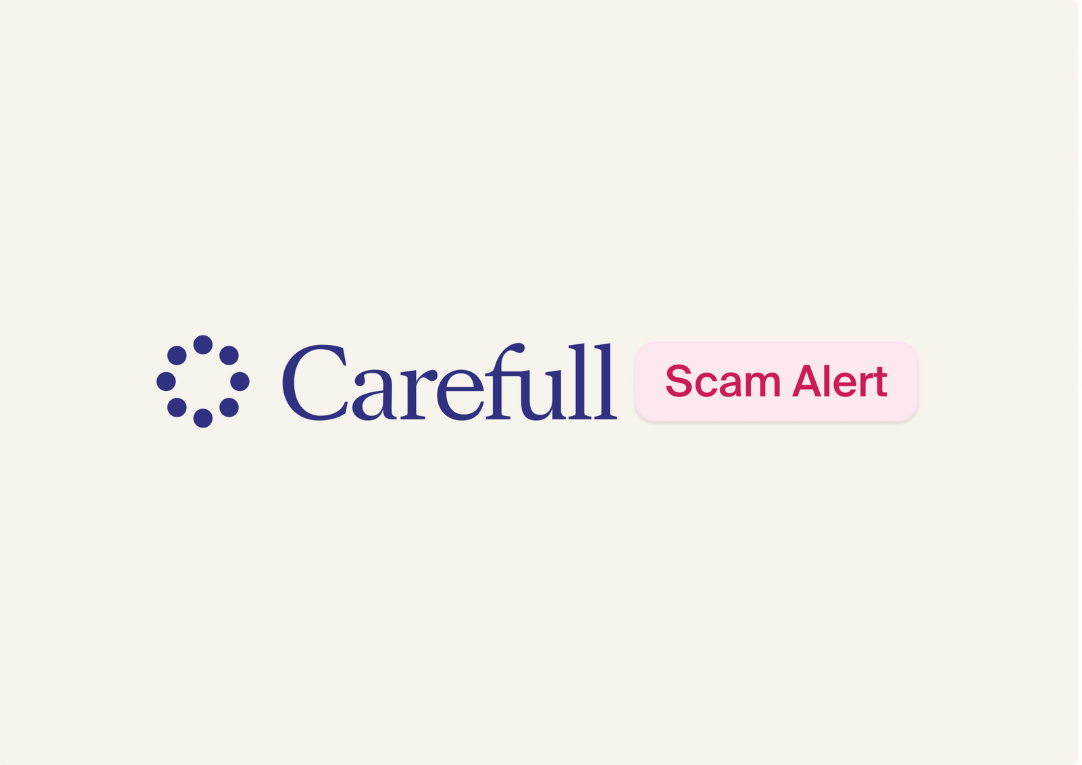Steer Clear of the New DMV Text Scam

Scammers are targeting drivers once again with a new text scam.
Recently, the unpaid toll scam resurfaced with deceptive text messages notifying people that they had unpaid toll balances. In the latest twist, scammers are claiming to be with state Departments of Motor Vehicles with notices of outstanding traffic tickets.
The Better Business Bureau and several state transportation departments are warning drivers to be on the lookout for this latest text scam that is quickly spreading across the U.S. Carefull also has received reports of the DMV text scam.
Here’s what to know about this new scam and how to avoid it.
How the DMV text scam works
The scam begins with a text message that appears to come from your state’s Department of Motor Vehicles with a final notice of enforcement penalties. The message states that you have an outstanding traffic ticket and even cites a specific state administrative code, making the message appear legitimate. It claims that you must pay immediately or face a range of penalties.

The message includes a url to pay now and instructions to reply “Y” and re-open the message to click the link. It threatens that you must pay immediately to avoid license suspension and further legal disputes.
Here’s an example of one of the text messages shared with Carefull:
“Kentucky State Department of Motor Vehicles (DMV) Final Notice: Enforcement Penalties Begin on June 9. Our records show that as of today, you still have an outstanding traffic ticket. In accordance with Kentucky State Administrative Code 15C-16.003, if you do not complement payment by June, 2025, we will take the following actions:
1. Report to the DMV violation database
2. Suspend your vehicle registration starting June 9
3. Suspend driving privileges for 30 days
4. Transfer to a toll booth and charge a 35% service fee
5. You may be prosecuted and your credit score will be affected”
State Departments of Motor Vehicles are warning drivers that they don’t send text messages demanding payments. If you get a message demanding payment for a traffic ticket, it’s a scam.
How to avoid the DMV text scam
Take these steps if you get a message prompting you to pay for an outstanding traffic ticket.
- Don’t click on links or respond to text messages that threaten consequences if you don’t make an immediate payment. Scammers use this tactic to scare potential victims into responding. Don’t rush to respond or click on any links—even if the message appears to come from a legitimate source.
- Contact your DMV or local law enforcement directly by looking up the number online if you think you might have outstanding tickets. Do not call numbers provided in a text message or listed on websites that are referenced in a text message. These could be fake.
- Get a second opinion if you receive a suspicious message and aren’t sure if it’s a scam. You can use the Carefull ScamCheck to share a screenshot or text from a message to determine if it’s a scam.
- Report scam messages to the FBI’s Internet Crime Complaint Center at ic3.gov or to the Federal Trade Commission at reportfraud.ftc.gov/. Include the phone number from where the text originated and the website listed within the text. Then, use your phone’s “Report Junk” option at the bottom of the text message to report it as an unwanted message and delete it.
[ Keep Reading: What to Do If You've Been Scammed

3 Steps to Safer Money,
Try it Free for 30 Days
Step 1
Start your free,
no-risk trial
Step 2
Connect the accounts and cards you want protected
Step 3
Stay alerted to any
unusual activity



.png)



